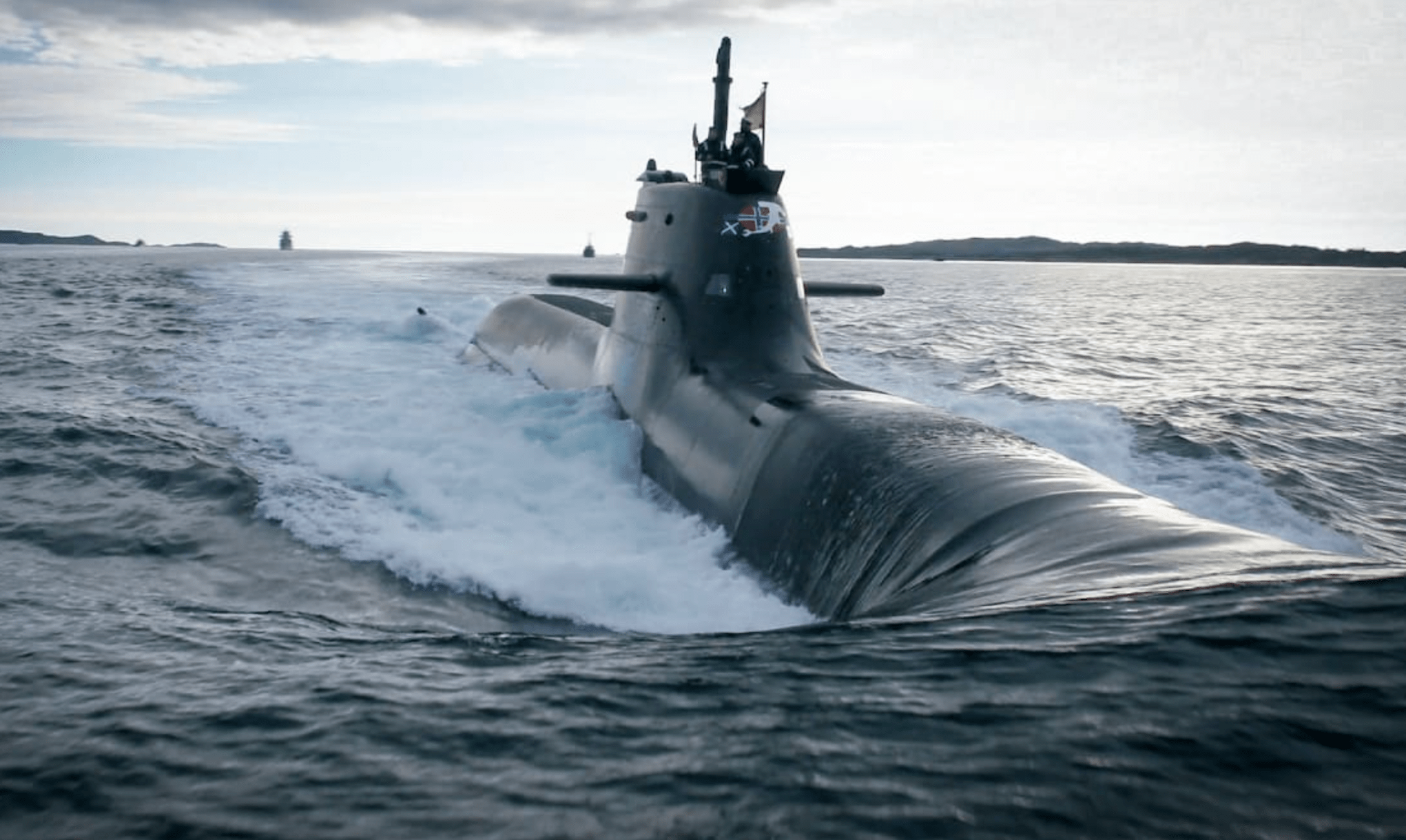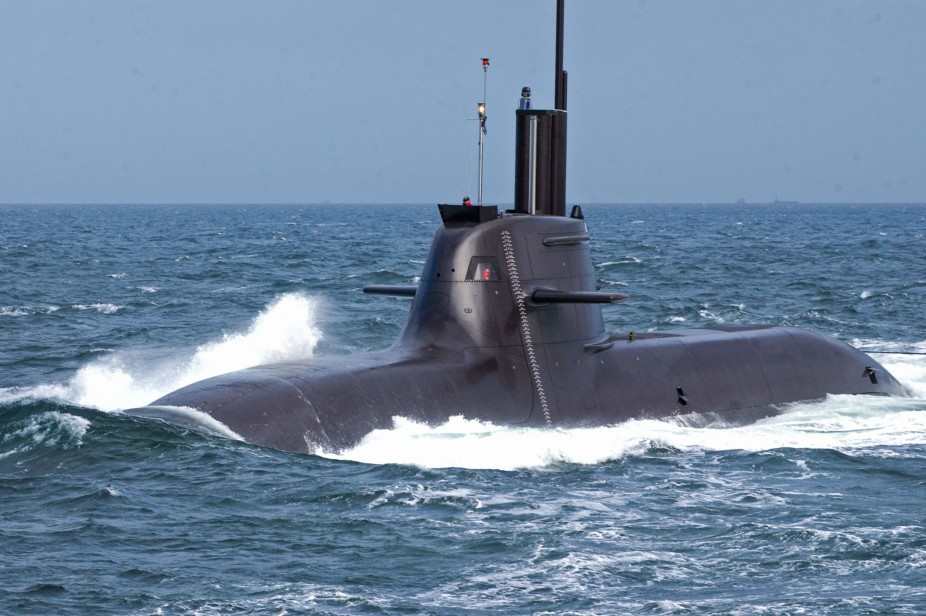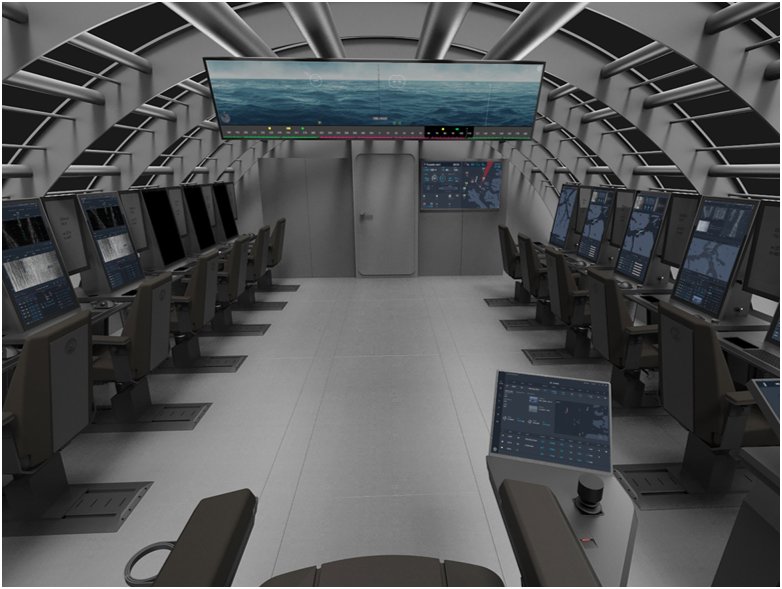In 2005, under then-Chancellor Gerhard Schroeder, around 100 German navy ships were equipped with new navigation systems from Russian company Transas, a company founded in St. Petersburg in 1990.
Later, the German government decided in favor of Transas and, according to Bild, installed the Navi Sailor 4100 (navigation device for position, speed, route) in the most modern German submarines U-35 (in operation since 2015) and U-36 ( since 2016).
Transas also equipped the Russian fleet with combat simulators and even got an award from Gen. Nikolai Makarov, chief of the Russian General Staff in 2007-2012.
In 2018 the company was bought by Finnish company Wartsila, but the armaments division remained in Russian hands.
Former Transas engineers are now developing combat drones for the Russian military. Because of its close ties to the Russian security apparatus, this part of Transas is in the focus of Western intelligence services, according to security experts.
The Bild report claims that the system’s data encryption does not comply with military security standards, in an apparent reference to NATO, of which Germany is a member.
“During a worst-case cyberattack, navigation data could be hacked and the ship could fully lose operability,” Bild quoted an unnamed officer as saying.
The report also pointed out that Russia sometimes carries out naval maneuvers close to Germany’s Baltic Sea coastline.
Tobias Lindner, the top Bundestag representative for the opposition Greens on the German parliament’s defense committee, voiced alarm following Bild’s report.
“The Bundeswehr must ensure that the navy’s navigation software does not represent a security leak. The ministry must quickly explain why software from a manufacturer in NATO countries is not being used,” Lindner said.

















